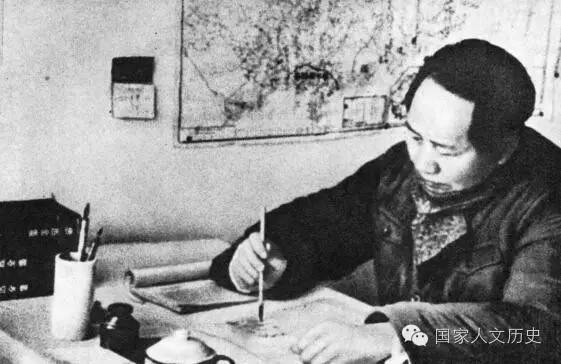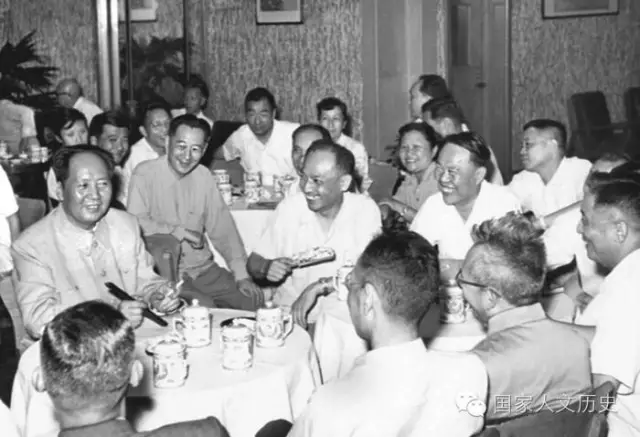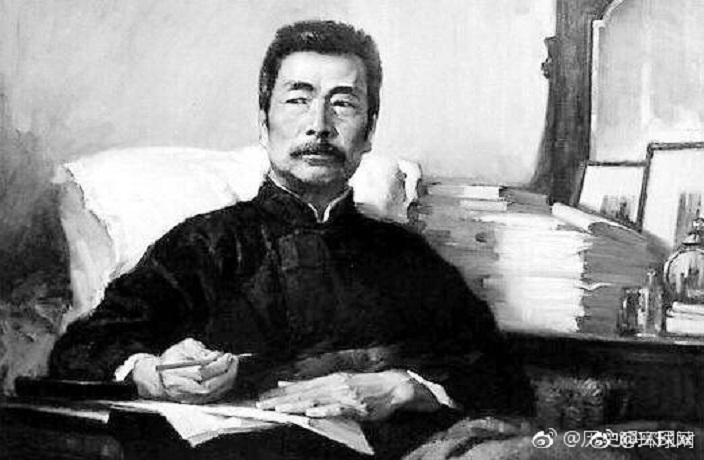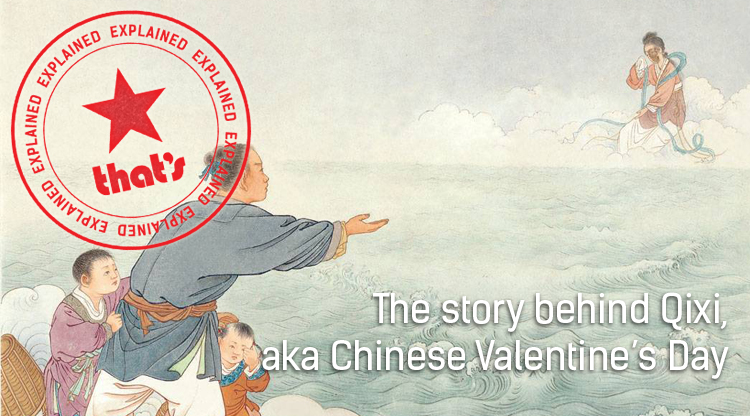On October 19, 1936, Zhou Shuren, known by his pen name Lu Xun, died of tuberculosis in his house in Shanghai. He was a writer, poet, editor, translator, thinker and revolutionary who laid the foundation for China’s modern literature.
Born into a scholarly and bureaucratic family in Shaoxing, Zhejiang in 1881, Lu Xun began attending old-style private schools at the age of 12 and was absorbed by the written word. This obsession prepared him to become a leading figure in the literary world later in life.
But being a literati wasn’t his initial intention. In 1902, Lu was given the opportunity to study in Japan, where, after two years of language training, he studied medicine in Sendai in order to overthrow the ‘Sick Man of the East’ image of the Chinese people.
However, at a time when China was in tremendous turmoil and its people numb to the ongoing national crises, he became convinced that the only cure for the Chinese people was enlightenment of the mind. He decided to drop out, and took up writing.

Photo of Lu Xun when he was studying in Japan via baike.baidu.com
In 1918, La Jeunesse – a Chinese magazine that played an important role in initiating the New Culture Movement – published what would be hailed as the “first and most influential modern work written in vernacular Chinese.”
In A Madman’s Diary, Lu Xun (using this pen name for the first time) attacked the ‘cannibalism’ of feudalist society through the lens of a madman, and expressed his concerns over the young generation that represented change.
Following the 1919 May Fourth Movement, Lu Xun’s writing began to exert an immense impact, not only in Chinese literary circles, but in the nation as a whole. So much so that after he died he was acclaimed as “a literary giant, born to dedicate his life to the cause of national renewal.”
Lu died 13 years before the founding of the People’s Republic of China, but his sharp style of writing and frequent use of sarcasm have led many to wonder what might happen were he still alive in the PRC under Mao, whom Lu never met in person.

Photo showing the Selected Works of Lunxun on Mao's desk via cul.qq.com
In 1937, Mao publicly expressed his views on Lu for the first time, in a convention on the anniversary of Lu’s Death. “Lu Xun’s thoughts, actions and writings are all characterized by Marxism, therefore he is a Bolshevik outside of the Party,” said Mao, adding, “Lu Xun’s worth in China, if you ask me, would render him amongst the greatest sages. While Confucius was the sage of the feudal society, Lu Xun was the sage of today’s China.”

Photo of Mao, Luo Jinan (third one from the lowe left) and other representatives at the meeting via cul.qq.com
Mao’s view on Lu Xun remained positive until July 1957, when the former president of Xiamen University, Luo Jinnan, asked him during a meeting: “What might have happened to Lu Xun were he still alive today?” Mao’s reply caught him and others by surprise, “He would either be writing behind the bars or remain completely silent.”
The answer came during the ongoing Anti-Rightist Rectification Campaign initiated in April 1957 by the CPC against ‘bureaucracy, sectarianism and subjectivism.’
Lu’s remains are interred in a mausoleum within Lu Xun Park in Shanghai. Mao Zedong made the calligraphic inscription above his tomb.
For more This Day in History stories, click here.
[Cover image via Huanqiu/Weibo]






















0 User Comments